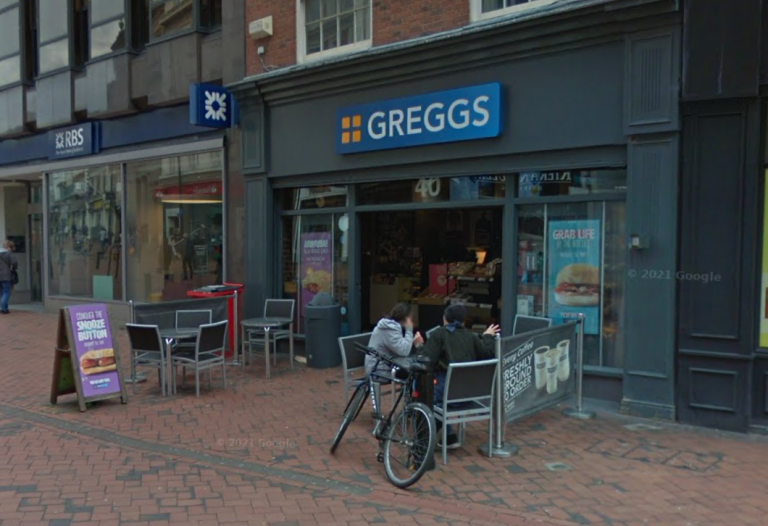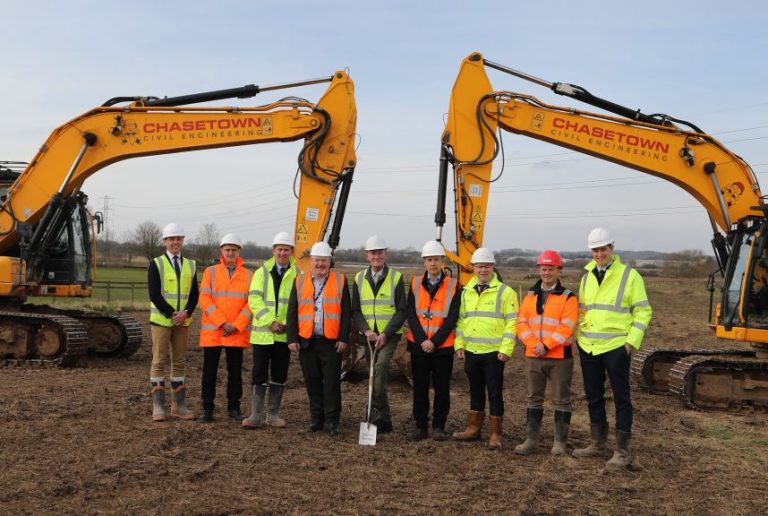Greg Simpson, founder of Press For Attention PR, showcases how businesses can make the most of the upcoming clock change.
As the clocks go forward this spring, many people will grumble about losing an hour’s kip. But for businesses—and particularly those in marketing—this shift presents a golden opportunity.
Rather than moaning about what’s lost, why not flip the script and focus on what’s gained? Longer days, renewed energy, and a fresh perspective on storytelling and audience engagement all await.
Here’s how businesses can make the most of the clock change and turn
one less hour of sleep into a season of opportunity.
- Capitalise on the ‘psychological reset’ in PR campaigns
Spring signifies
renewal and growth, making it the perfect time for businesses to shake off the winter cobwebs and refresh their messaging. Journalists, audiences, and clients are emerging from their seasonal hibernation—so this is the ideal moment to introduce fresh angles and reinvigorate PR campaigns.
🔹
PR tip: Use the ‘spring forward’ concept as a metaphor in press releases and storytelling. Tap into themes of growth, innovation, and fresh starts to make your pitches more timely and relevant.
🔹
Actionable idea: Pitch a
“spring clean your brand” feature to media outlets, offering expert insights on decluttering messaging, sprucing up PR strategies, and staying ahead of industry trends.
- Harness the power of more daylight for PR events & engagement
With the evenings stretching longer, we Brits start to emerge blinking into the daylight, and consumer habits shift accordingly. PR pros can seize this seasonal change to increase brand visibility, engagement, and in-person networking opportunities.
🔹
PR event strategy: Host a
spring sundown networking event or an
outdoor media showcase, capitalising on the extra daylight to enhance visibility and footfall.
🔹
Social media PR angle: Encourage brands to share
‘golden hour’ content, when the lighting is at its most flattering and engagement rates tend to soar.
- Use the time change to drive PR & marketing campaigns
The clock change is
a universal experience, making it the perfect narrative hook for storytelling and PR campaigns. Brands that tap into seasonal shifts
automatically feel more relevant and engaging to audiences.
🔹
PR stunt idea: Position your business as an ‘efficiency expert’ and release a list of
“top PR hacks for making the most of the extra evening hour.”
🔹
Thought leadership pitch: Frame the time change as a
metaphor for business transformation—pitch a piece on
“why spring is the perfect time for XYZ.”
- Reignite media and audience engagement
Longer days and brighter evenings
boost mood and motivation, so use the clock change as a springboard (pun intended) to inject fresh energy into brand communications and PR campaigns.
🔹
Actionable idea: Launch a
‘spring reset’ media push, announcing new initiatives, products, or brand refreshes that align with the changing season.
🔹
Influencer & media engagement: Offer journalists and influencers
‘spring forward’ survival kits—including coffee, sunlight lamps, or branded eye masks—tied to a light-hearted pitch about your business.
Conclusion: one hour less but a season more for PR wins
Instead of mourning the lost hour of shut-eye, embrace the momentum that comes with the clock change. It’s a unique chance to refresh strategies, create timely campaigns, and capture media attention—all while making the most of the brighter days ahead.
So, this spring, don’t just move the clock forward—move your PR game forward too.
A former business journalist, Greg Simpson is the author of The Small Business Guide to PR and has been recognised as one of the UK’s top 5 PR consultants, having set up Press For Attention PR in 2008.
He has worked for FTSE 100 firms, charities and start-ups and conducted press conferences with Sir Richard Branson and James Caan. His background ensures a deep understanding of every facet of a successful PR campaign – from a journalist’s, client’s, and consultant’s perspective.
See this column in the March issue of East Midlands Business Link Magazine here.












